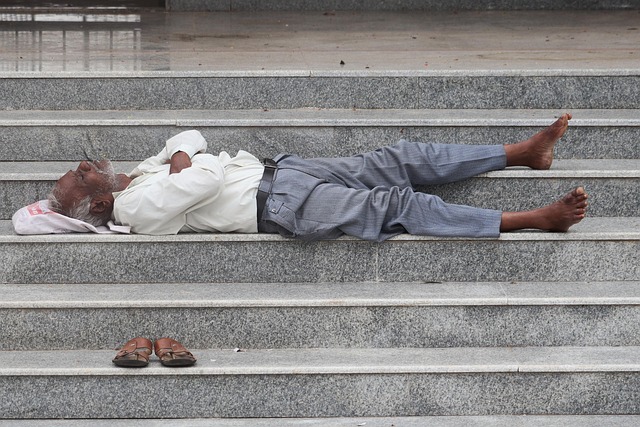When we think of prosperity and health, sleep might not be the first thing that comes to mind, yet there’s an undeniable connection between sleep, poverty, and living a healthy lifestyle. In many communities facing economic challenges, sleep often becomes a luxury that few can afford. The struggles of low-income individuals often lead to a vicious cycle where poor sleep exacerbates health issues and, in turn, limits their ability to improve their circumstances.
Sleep and poverty are intertwined; individuals in low-income brackets experience higher levels of stress and anxiety due to financial strain, which can severely disrupt their sleep patterns. The consequences are profound. Lack of sleep affects mental clarity, emotional stability, and overall health, making it increasingly difficult to seek employment, maintain jobs, or pursue educational opportunities. This is especially true when the pressures of daily living, such as working multiple jobs or dealing with food insecurity, result in chronic sleep deprivation.
Moreover, a healthy lifestyle is often sidelined in the struggle against poverty. Access to fresh produce and nutritional education is limited for many low-income families, leading to poor dietary choices that further compromise sleep quality. Foods high in sugar and unhealthy fats can disrupt our natural sleep rhythms, while those who prioritize nutrition typically enjoy better sleep patterns and, consequently, better overall health.
Pursuing a healthy lifestyle within the realms of limited resources takes creativity, effort, and knowledge. It starts with establishing a regular sleep schedule, which can enhance both physical and mental health. Simple practices such as limiting screen time before bed and creating a calming nighttime routine can significantly improve sleep quality.
Healthy nutrition plays a formative role in this journey. It’s important to seek out affordable, nutrient-dense foods that can help establish consistent energy levels throughout the day, promoting better sleep at night. Whole grains, lean proteins, fruits, and vegetables should be prioritized. Luckily, many communities offer resources such as food banks, community gardens, and nutrition workshops to assist families in making healthy choices. Engaging in these local initiatives can foster community connections, leading to a supportive environment that champions both sleep and nutrition.
Furthermore, mental health support is crucial. Programs that tackle both the psychological and physical aspects of poverty can create a robust safety net, helping individuals better manage stressors affecting their sleep. A holistic approach ensures that sleep quality is not an afterthought but a priority, helping pave the way for healthier lifestyles.
As we acknowledge the intricate dance between sleep, poverty, and healthy living, we can advocate for systemic changes that provide equitable access to sleep education, nutrition, and mental health support. Together, we can illuminate a path towards a healthier future for all, turning the ebb and flow of hardship into waves of opportunity for rest, recovery, and rejuvenation.




